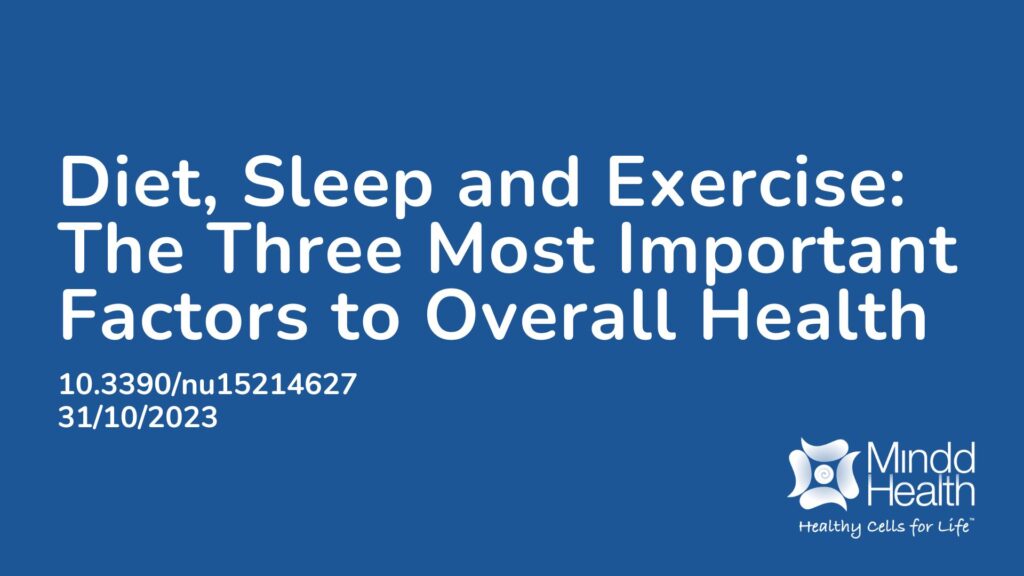Summary:
Lifestyle plays a critical role in health, and factors like poor diet, lack of exercise, and inadequate sleep are major contributors to chronic diseases. Chronic conditions, particularly in industrialized nations, are increasing due to unhealthy behaviors and an aging population, burdening healthcare systems. This study is a case-control study which examines and explains the relationship between diet, sleep and exercise and risk of chronic diseases. Healthy habits such as eating well, exercising regularly, and getting quality sleep can prevent or manage these diseases, though sleep often gets overlooked. Recent studies highlight the importance of timing in lifestyle interventions. For instance, diet and exercise can lower the risk of diseases like colorectal cancer and metabolic liver disease, but the effectiveness can vary depending on the gut microbiome and the timing of activities. Research also shows that reducing social jetlag (discrepancies between weekday and weekend sleep schedules) improves metabolic health, and people with healthier behavioral rhythms have lower risks of conditions like fatty liver disease. Additionally, sleep affects appetite regulation, and disrupted sleep can lead to increased hunger and poor dietary choices. Overall, interventions that target diet, physical activity, and sleep, especially when timed properly, can significantly improve metabolic health and reduce the risk of chronic diseases such as type 2 diabetes and obesity.
Abstract:
Not included
Article Publication Date: 31/10/2023
DOI: 10.3390/nu15214627



